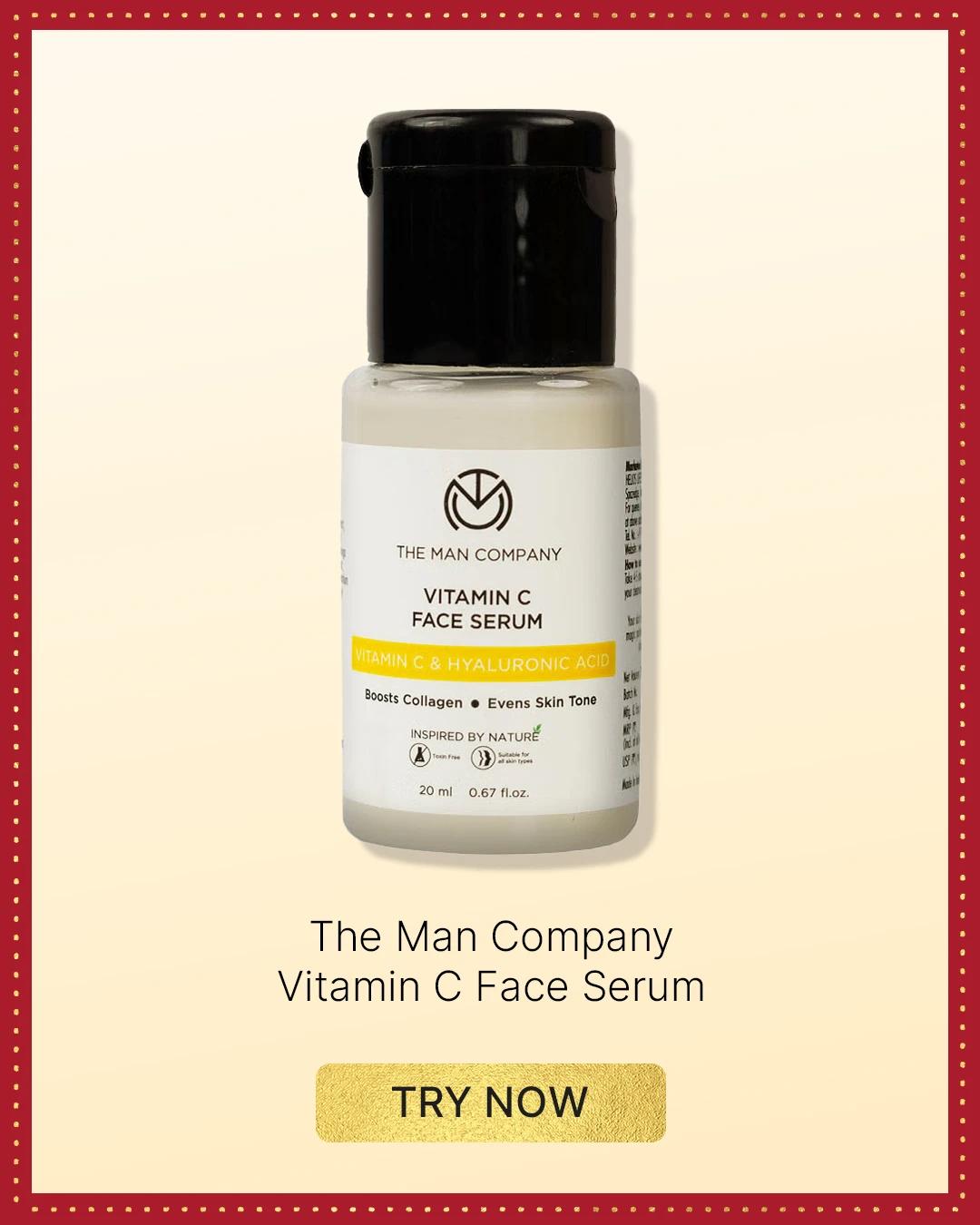Best Vitamin C Serums for Combination Skin
Combination skin is the ultimate balancing act, and your serum should reflect that. Look for lightweight formulations that won't clog pores but still provide enough hydration for your drier areas. Gel-based serums often work well here—they're light enough for oily zones but hydrating enough for dry patches.
How to Incorporate Vitamin C Serum into Your Skincare Routine
Getting the application right is just as important as picking the right serum. Vitamin C serums work best when applied to clean skin in the morning, giving you all-day antioxidant protection. Start with a gentle cleanser, apply your serum to slightly damp skin, and follow with moisturiser and SPF. Always use sunscreen when using Vitamin C—it can make your skin more photosensitive.
If you're new to Vitamin C, start slow. Use it every other day for the first week, then gradually increase to daily use as your skin adjusts. Apply it before heavier serums and moisturisers but after any toning products. A few drops are usually enough—you don't need to drench your face to get results.
Common Mistakes to Avoid When Using Vitamin C Serums
Let's talk about the mistakes that can turn your glow-up journey into a skincare disaster. First up—using too much, too soon. Your skin needs time to adjust, so don't go from zero to hero overnight. Also, mixing Vitamin C with retinol or strong acids without proper spacing can lead to irritation that nobody wants.
Storage mistakes are surprisingly common too. Leaving your serum in a hot, bright bathroom is basically asking for it to oxidise. Keep it cool, dark, and dry. And please, for the love of good skin, don't skip sunscreen when using Vitamin C. It's not optional—it's essential for protecting your investment and your skin.
Frequently Asked Questions
What is the best time to apply Vitamin C serum?
Morning is your best bet for Vitamin C serum application. It provides antioxidant protection throughout the day and works beautifully under sunscreen. Some people use it at night, but morning application maximises its protective benefits against environmental stressors.
Can I use Vitamin C serum with other skincare products?
Absolutely, but timing matters. Vitamin C plays well with hyaluronic acid, niacinamide, and peptides. However, avoid using it at the same time as retinol, AHA/BHA acids, or benzoyl peroxide. Space these out—Vitamin C in the morning, other actives at night.
How long does it take to see results from Vitamin C serum?
Patience is key here. You might notice a subtle glow within a few weeks, but significant changes in dark spots and overall skin tone typically take 6-12 weeks of consistent use. Stick with it—good things come to those who wait.
Is Vitamin C serum suitable for sensitive skin?
Yes, but choose wisely. Opt for gentler derivatives like magnesium ascorbyl phosphate and start with lower concentrations. Patch test first, and introduce it gradually into your routine. Your sensitive skin can definitely benefit from Vitamin C with the right approach.
What's the difference between expensive and affordable Vitamin C serums?
Price doesn't always equal effectiveness. Some affordable options contain the same active ingredients as pricier ones. Focus on the formulation, packaging, and concentration rather than the price tag. Sometimes you're paying for fancy packaging rather than better results.
Final Thoughts
Finding which vitamin c serum is best for you doesn't have to be rocket science. Focus on your skin type, start with the right concentration, and pay attention to packaging and formulation stability. Remember, the most expensive option isn't always the best option—it's about finding what works for your unique skin needs and budget.
Take your time, do your research, and don't be afraid to start slow. Your skin will thank you for the patience and care you put into finding the right match. Whether you end up with a budget-friendly gem or decide to splurge on something special, the key is consistency and choosing a formula that your skin actually loves. Here's to finding your perfect Vitamin C match and getting that glow you've been after.
